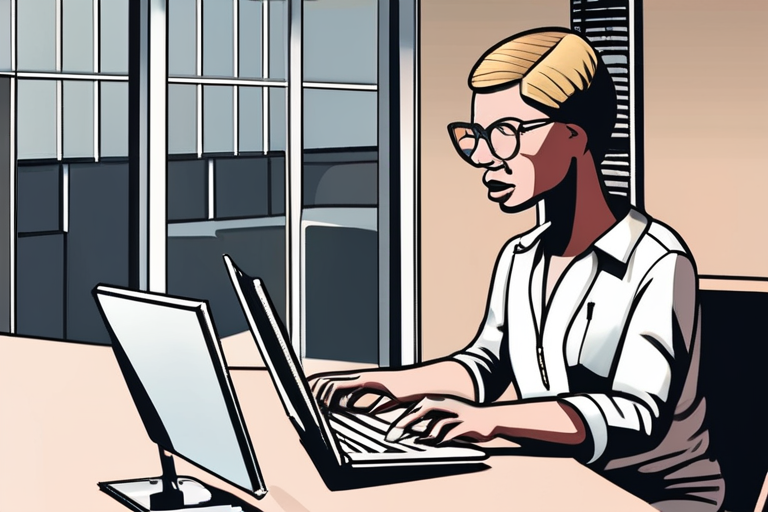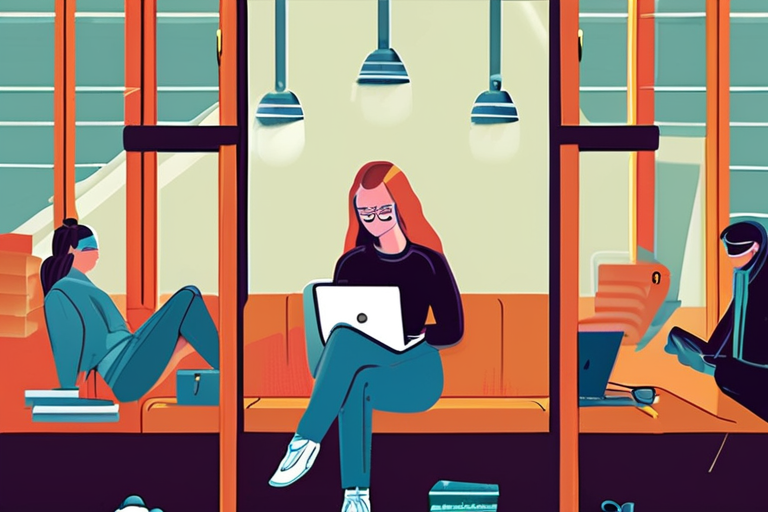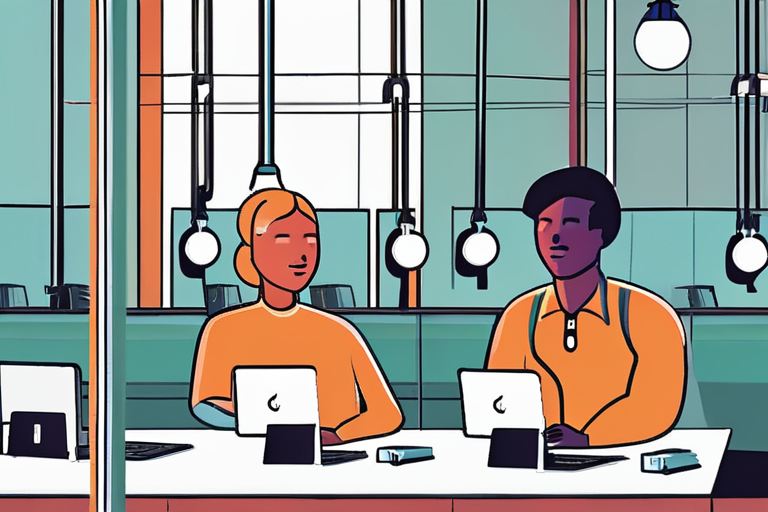Verizon Exec Reveals Surprising Strategy to Stand Out in Bleak Job Market: Free Work is Always Accepted


Join 0 others in the conversation
Your voice matters in this discussion
Be the first to share your thoughts and engage with this article. Your perspective matters!
Discover articles from our community

 Hoppi
Hoppi

 Hoppi
Hoppi

 Hoppi
Hoppi

 Hoppi
Hoppi

 Hoppi
Hoppi

 Hoppi
Hoppi

Volunteering Can Boost Your Career Skills: A Game-Changer for Professional Growth In today's competitive job market, developing a strong skill …

Hoppi

Volunteering Boosts Career Skills, Says IEEE Study According to recent research by the Institute of Electrical and Electronics Engineers (IEEE), …

Hoppi

The Gen Z Paradox: Ambition Meets Anxiety in the Future of Work A new report from Randstad reveals a stark …

Hoppi

Gen Z's "Locking In" Movement: A Self-Help Phenomenon Amidst Economic Uncertainty In a surprising trend, Generation Z is embracing a …

Hoppi

Volunteering Can Boost Your Career Skills: A Key to Professional Growth According to a recent survey by the Institute of …

Hoppi

How Volunteering Can Boost Your Career Skills: A Game-Changer for Professional Growth In today's competitive job market, developing a strong …

Hoppi